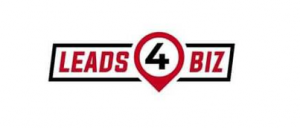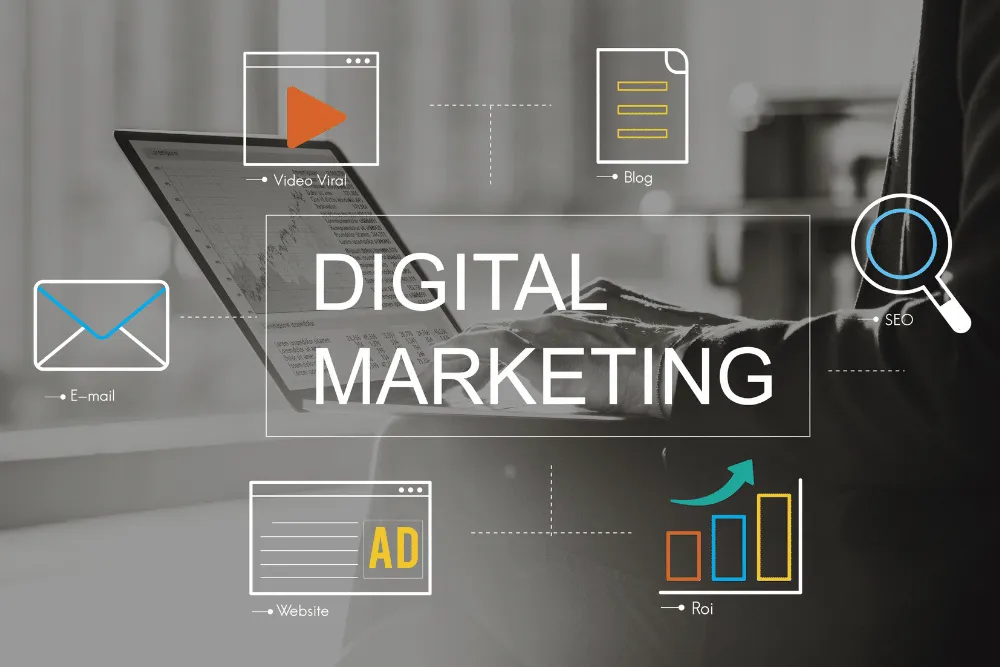
What does a Digital Marketer do actually?
A marketing expert who uses digital media to advertise goods, services, or brands is known as a digital marketer.
A digital marketer’s responsibilities cover a broad spectrum of digital media, such as email, social media, search engines, content production, and online advertising.
Their main mission is to use digital tools to engage target audiences, increase engagement, and accomplish corporate goals.
In the current digital era, digital marketing is always changing. A more dynamic and data-driven strategy has resulted from the integration of several classic marketing techniques with digital platforms. Furthermore, digital marketing is now a crucial component of marketing due to AI and the move toward customisation.
These days, there are many different responsibilities in digital marketing. Within the marketing mix, certain positions are more generalist and have “multiple hats,” while others are more specialized.
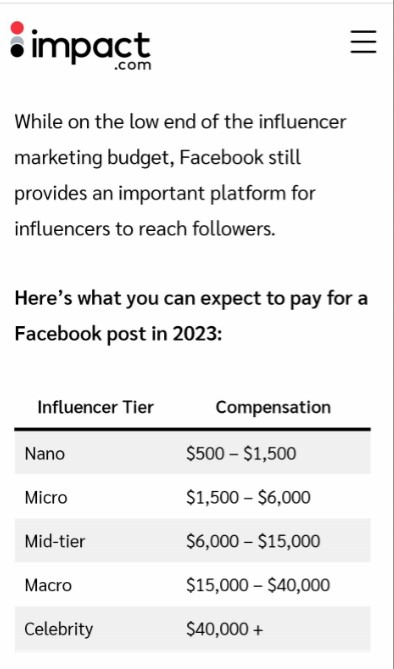
Check out our very own Tik Tok influencer:
The advantages of internet marketing
The advantages of digital marketing follow after what it is. In such a short time, digital marketing has grown in popularity, and for good reason. Consumers and clients of today expect their favorite businesses to be online as they spend more time there.
Although the internet can be scary, businesses can benefit greatly from efficient digital marketing. The benefits of digital marketing for businesses include reaching target consumers where they are spending their time, growing the audience, and doing all of this for a lot less money than traditional marketing techniques can offer with good planning and execution. The advantages of digital marketing are numerous, however the following are a few of the more well-known ones:
1. Cost-effective: Since digital marketing is frequently less expensive than traditional techniques, companies of all sizes can use it.
2. Customer Engagement: Promotes direct communication with customers via email, social media, and other online channels, strengthening bonds between them.
3. Measurable Outcomes and Return on Investment: The ability to precisely measure campaign performance and success leads to a higher return on investment via leads
We have leads Buyers on this site right now!!
4. Global Reach: This feature breaks down geographical borders by enabling enterprises to connect with a global audience.
5. Personalization: You can adjust communications and marketing messaging to each person’s preferences, which will improve the clientele’s experience. Since you will be reaching the proper audience with relevant and targeted messaging, this might also result in higher conversion rates.
6. Broader Reach: Since digital marketing uses a variety of digital platforms and channels, it broadens your pool of possible clients.
7. Competitive Advantage: You can surpass rivals by analyzing data, tracking insights, and utilizing the appropriate tools by creating effective digital campaigns.
8. Higher Conversion: Raises conversion rates by reaching the appropriate audience with tailored and pertinent communications.
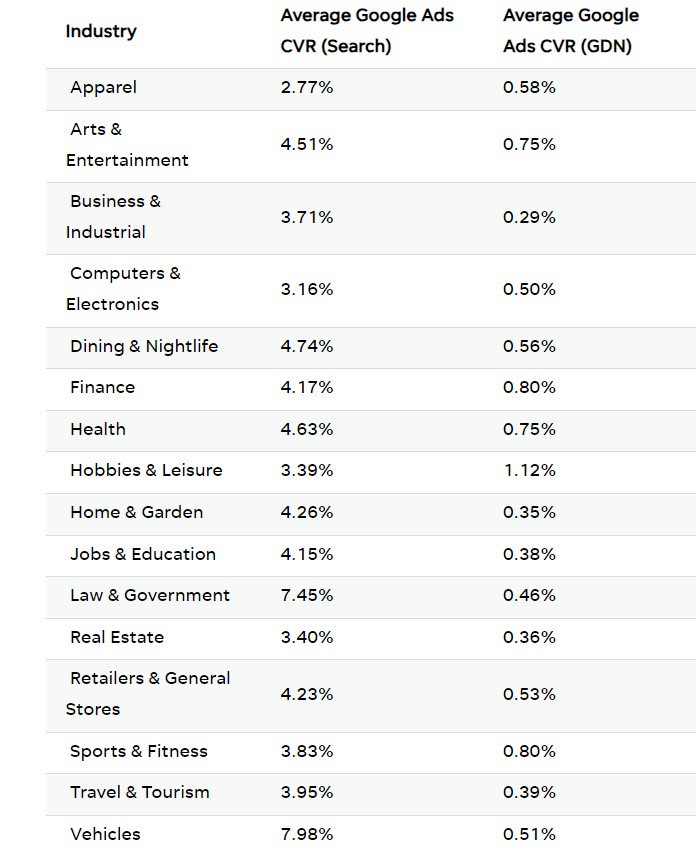
9. Receive Instant Feedback: You can obtain instant feedback and comments from customers, which will enable you to take well-informed and timely decisions.
How to Develop a Digital Marketing Strategy
A detailed plan outlining how a company will use digital channels to meet its marketing goals and objectives is called a digital marketing strategy. To guarantee that a digital marketing plan is thorough and workable, there are a few essential actions that must be taken. This is a 10-step manual:
1. Identify your objectives
2. Identify your intended audience
3. Conduct a study of the competition.
4. Perform a SWOT evaluation.
5. Complete your channels for digital marketing.
6. Create a plan for your material.
7. Complete the budget.
8. Incorporate excellent practices for SEO into all of your marketing materials.
9. To increase visibility and draw in organic traffic, optimize your website and content for search engines.
10. Use analytics and reporting tools to understand how well your campaigns are performing, then periodically review and make necessary adjustments.
Challenges with Online Advertising
Growing competitiveness is one of the biggest issues facing digital marketing. It has been more difficult for firms to stand out as more and more are investing in digital tactics.
Ad blockers are a major problem as well since they limit the reach of paid advertising and force marketers to discover new ways to engage with consumers.
Content saturation is the next topic! It implies it’s getting harder and harder to produce original, compelling material for the digital sphere. Another problem is managing online reputation, scaling up individualized experiences, and preserving brand consistency.
An additional constant challenge is striking a balance between automation and human interaction.
With Purdue Digital Marketing PG Program, Become One of The Highest Paid Digital MarketersInvestigate CourseRank Among The Highest Paid Online Advertisers
How Can A Digital Marketer Enter The Field?
First and foremost, a bachelor’s degree in the pertinent discipline is required. Enrolling in a reputable certification program, such as leads4biz Digital Marketing program, will help you hone your skills even more in digital marketing. You will learn how to grasp PPC, social media, SEO, and a host of other marketing complexities with the help of this curriculum. In order to gain additional knowledge about digital marketing, the newest trends, what’s going on, and an inside look at the business, you may also network with other professionals in the same sector.
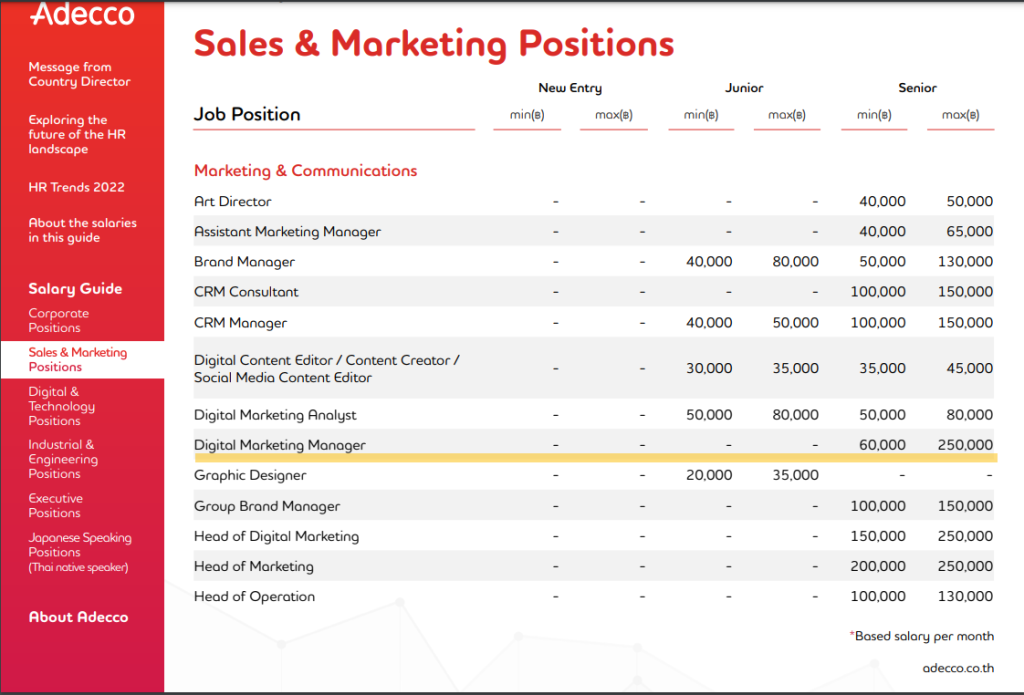
How Does Digital Marketing Operate?
Even if there are many advantages to digital marketing, keep in mind that every type of internet marketing operates in a unique way. Before choosing which platforms to use and which kind of digital marketing to invest in, businesses should consider the wider picture. It’s always advised to crawl before you walk when it comes to your web marketing plan; start small and expand as your business gets used to new regions
Businesses benefit greatly from digital marketing since it enables them to expand their audience as much as their budget will allow. On the other hand, internet marketing enables businesses to concentrate explicitly on targeting the appropriate demographic. To put it another way, a business can keep under budget and still reach the ideal target market locally, nationally, or worldwide.
Essential Skills for Digital Marketing
Among the essential competencies for digital marketing are:
Search Engine Optimization, or SEO
Marketing of Content
Information Analysis
Marketing on Social Media
Pay-Per-Click, or PPC Promoting
Email Promotion
Copyrighting
Utilizing Videos
Influencer Promotion
Automated Marketing
Comparative Evaluation
Project Organizing
Marketing on the Go
Flexibility and Quick Learning
It should come as no surprise that there is increased need for digital marketers. The number of career opportunities in Internet marketing is increasing as more and more firms realize its significance.
The roles and responsibilities of digital marketing Depending on their area of expertise and experience, digital marketers will have a variety of job duties.
An SEO specialist, for instance, would be knowledgeable about every facet of SEO, including how to find and assess high-quality content, increase organic traffic, and analyze competitors.
A social media manager, on the other hand, will design a social media strategy that aligns with the brand’s identity, establish a communication style and content strategy, produce and modify material for every social media platform, and keep abreast of the most recent developments in digital marketing.
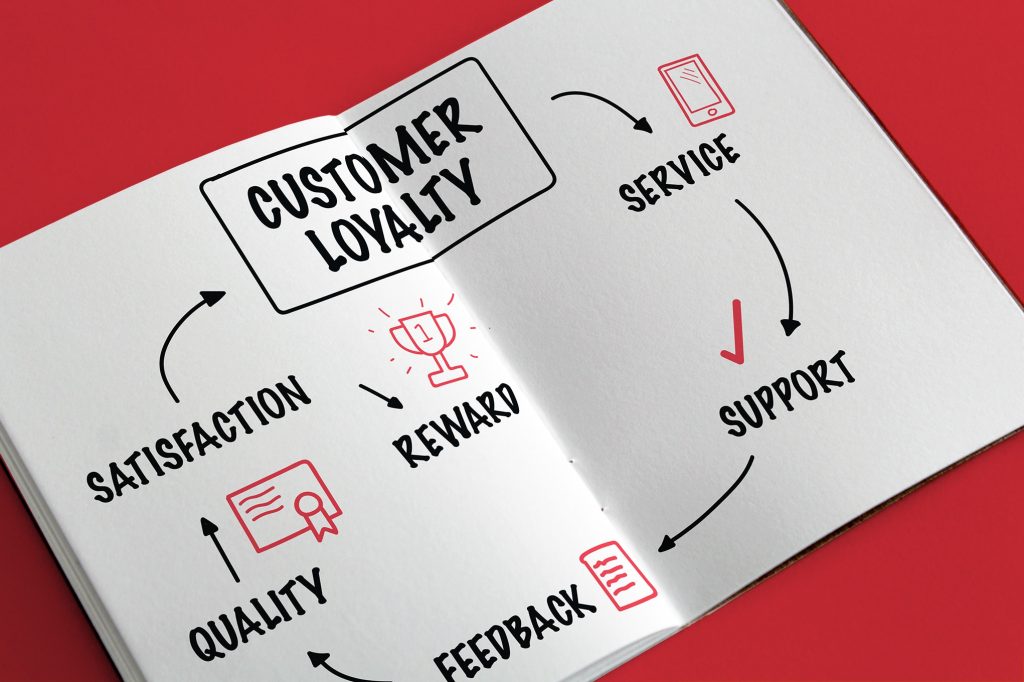
You should be aware of what digital marketing is by now, as well as its advantages, disadvantages, and methods of operation. It is one of the fields with the fastest rate of growth in the globe, and our certification program will increase your marketability and make you more desirable to employers. Take advantage of over 35 tools, in-demand skills, master classes with Purdue academics, and more by enrolling in our postgraduate program in digital marketing. Why are you holding off? Launch your career in this exciting industry right now!
FAQ 1. What are the four primary categories of online advertising?
There are numerous subcategories of digital marketing. The four most well-liked and promising categories of digital marketing are:
Marketing of Content
Marketing on Social Media
PPC (Pay Per Click) Search Engine Marketing
2. What qualifications do I require for online marketing?
The following are some essential competencies for a digital marketing professional:
Proficiency in Communication
Writing Proficiency
Originality
Knowledge of SEO and Design
3. What is digital marketing’s primary goal?
Digital marketing aims to advertise goods and services online via various platforms, such as social media and advertisements.
4. Is a profession in digital marketing worthwhile?
Absolutely, a career in digital marketing is fantastic because of its high demand, variety of prospects, and room for innovation and advancement.
5. Why is internet marketing so effective?
Digital marketing is very beneficial for companies of all sizes because it enables accurate targeting, real-time engagement, measurable outcomes, and a worldwide reach.
6. What role do social media sites play in online advertising?
Digital marketing relies heavily on social media platforms because they offer avenues for targeted advertising, content distribution, customer interaction, and brand exposure.
7. How can I assess whether my efforts at digital marketing are successful?
Metrics including website traffic, conversion rates, engagement rates, return on investment, and key performance indicators unique to each platform and campaign can be used to gauge success.
Discover the best cities for our online bootcamp for our postgraduate program in digital marketing:
A digital marketer may work as a generalist in content development, social media management, website optimization, online advertising, and data analysis. A digital marketer in a highly specialized position can be part of a team whose members’ roles are entirely focused on a certain field, including email, social media, search engine optimization, or content marketing.
The work of a digital marketer is diverse and flexible, and it is essential to increasing online visibility, engagement, and eventually commercial success.
Important Tasks for Each Role in Digital Marketing (With Examples)
Digital marketers have a variety of duties, regardless of whether they are specialists in the field or more generalists. Key duties for a junior or mid-level digital marketer in various disciplines are outlined below:
Generation and Administration of Content
Creating a content strategy for your company or brand and producing interesting material for different platforms are typical components of content development and management. Typical responsibilities for a manager or content developer are as follows:
creating the content for a fresh landing page for a webinar that their business is planning.
creating blogs on subjects pertaining to the goods or services offered by your business.
posting product descriptions on the website along with a plan to increase awareness and organic traffic.
Optimizing for Search Engines (SEO)
Using technologies like Google Analytics and Google Search Console, you will create SEO strategies and monitor organic search results in an SEO function. In order to ensure that the material is optimized for the search habits of your audience, you will also conduct keyword research.
Typical duties for an SEO strategist include the following:
For a customer, conduct keyword research and put on-page and off-page SEO tactics into action.
Work together with content producers to make content search engine friendly.
Search Engine Marketing (SEM) entails placing digital ads across a range of channels. You will oversee SEM campaigns to increase sales and visitors.

A typical task list for a SEM strategist might be:
Establish and oversee pay-per-click (PPC) marketing initiatives.
For ad targeting, investigate keywords.
For a higher return on investment, track ad performance and modify bidding tactics.
Marketing on Social Media
In order to interact with audiences and oversee a brand’s social media presence, a social media manager or expert will concentrate on social media platforms.
Typical duties for a social media marketer include the following:
Make interesting material and plan it out for several social media channels.
Keep an eye out for trends, conversations, and involvement on social media platforms.
Encourage community involvement by responding to messages and comments.
Email Promotion
To segment audiences and maximize the brand’s email marketing strategy, email marketers just concentrate on email.
A typical email marketer’s duties could be:
Create and carry out email campaigns, such as newsletters and advertising emails.
Email lists should be segmented and managed to target particular audience demographics.
Examine email campaign data and make recommendations for improvements.
Reporting and Data Analysis
Digital marketing now heavily relies on data, necessitating the analysis and reporting of analytics to leadership or your supervisor.
Typical duties for a data-driven digital marketer consist of the following:
Track and evaluate the effectiveness of your campaigns and websites by using analytics tools.
Create reports on key performance indicators (KPIs) on a regular basis.
Provide conclusions and suggestions based on the examination of the data.
You might have duties as a generalist that stem from several of the previously mentioned roles. It all relies on the size, position, and level of marketing at your organization.

